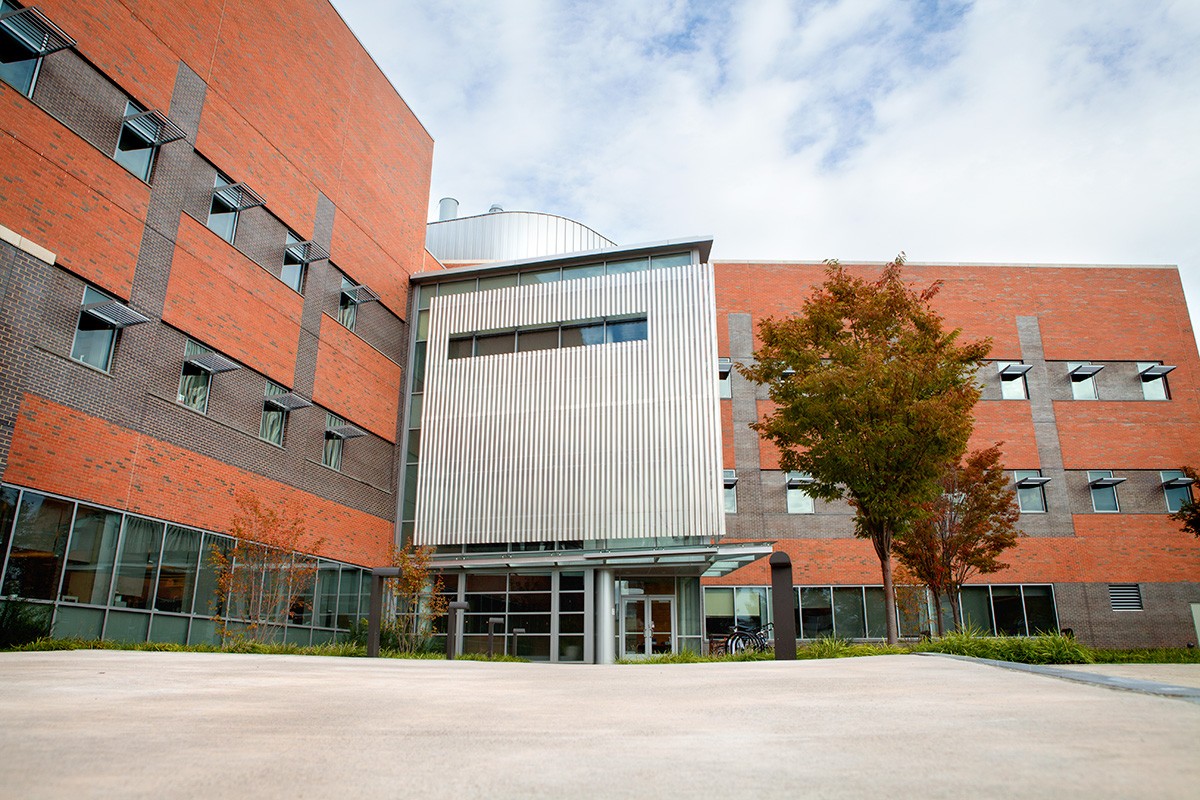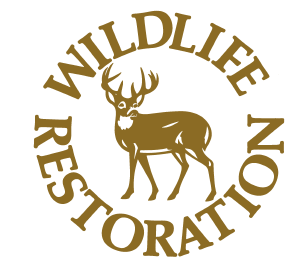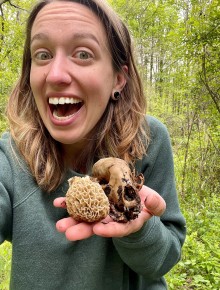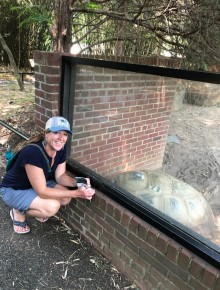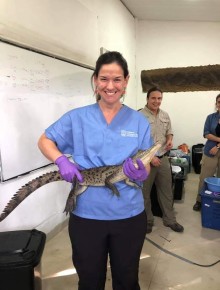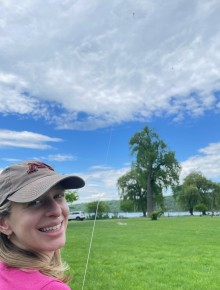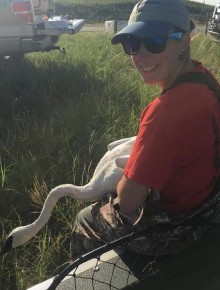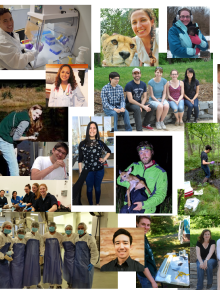The Cornell Wildlife Health Lab promotes the health and long-term sustainability of wildlife populations by advancing scientific tools and sharing knowledge to protect and improve the health of native wildlife populations.
Our values ensure the highest integrity in all aspects of research and engagement, support recommendations and actions with the best available science, and commit to open, collaborative, and positive relationships with the public and partners.
These values shape the strategies we use to achieve our goals in wildlife health. These include 1) identifying and understanding factors, both natural and anthropogenic, affecting the health of wildlife populations; 2) facilitating wildlife management decision-making by providing scientific information and appropriate data; 3) recommending and supporting the implementation of guidance and regulations based on science to protect both wildlife and public health; 4) inform and educate the public and wildlife professional community about wildlife health; 5) prepare the next generation of wildlife professionals to meet current and emerging challenges in wildlife conservation; 6) promote diversity, equity, inclusion, and justice in the wildlife health field.
The lab is based at the Cornell University College of Veterinary Medicine Animal Health Diagnostic Center (AHDC).
The Animal Health Diagnostic Center at Cornell University, Ithaca, NY. © Cornell University Marketing Group
The Cornell Wildlife Health Program is partners with the New York State Department of Environmental Conservation (NYSDEC) through the New York State Wildlife Health Program (WHP).
The WHP is supported by a Federal Aid in Wildlife Restoration grant (W-178-R) through the U.S. Fish and Wildlife Service. These funds are collected through federal excise taxes on firearms, ammunition, and archery equipment and then apportioned to states for wildlife conservation.
The Northeast Association of Fish and Wildlife Agencies (NEAFWA) partnered with the US Fish and Wildlife Service (FWS) and the Wildlife Management Institute (WMI) to hire a Northeast Regional Fish and Wildlife Health Coordinator, Dr. Melanie Kunkel, to encourage and support the network of free-ranging fish and wildlife health practitioners in the Northeast US. In collaboration with Cornell University, Dr. Kunkel will be located within the College of Veterinary Medicine at Cornell University as a visiting scientist.



